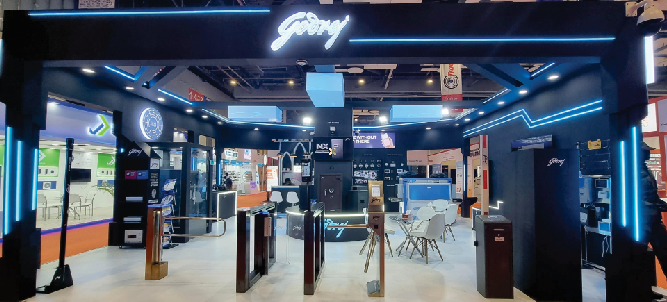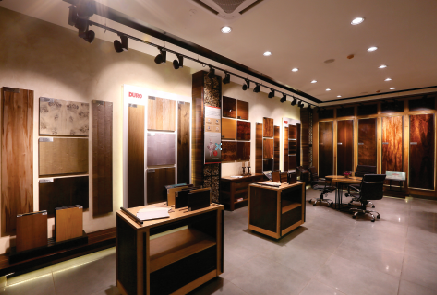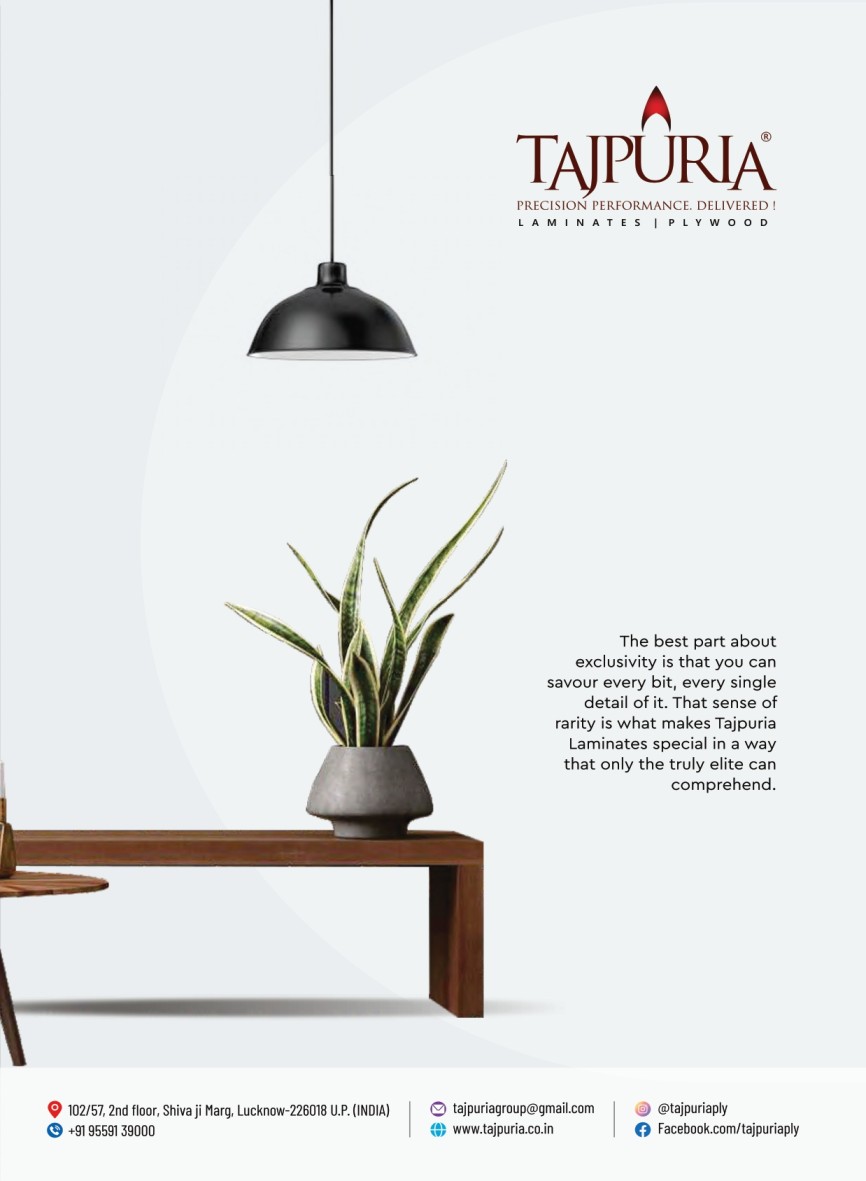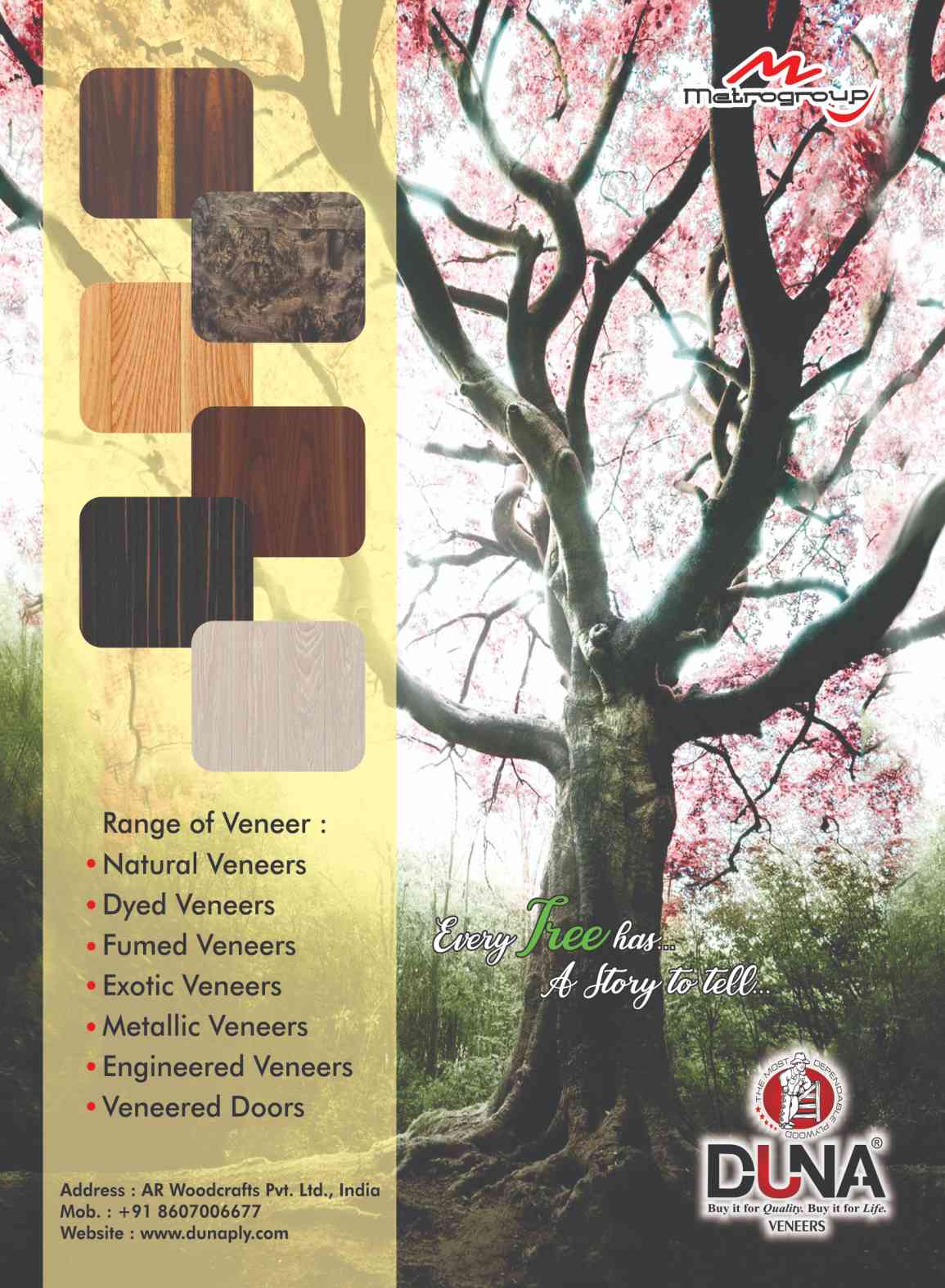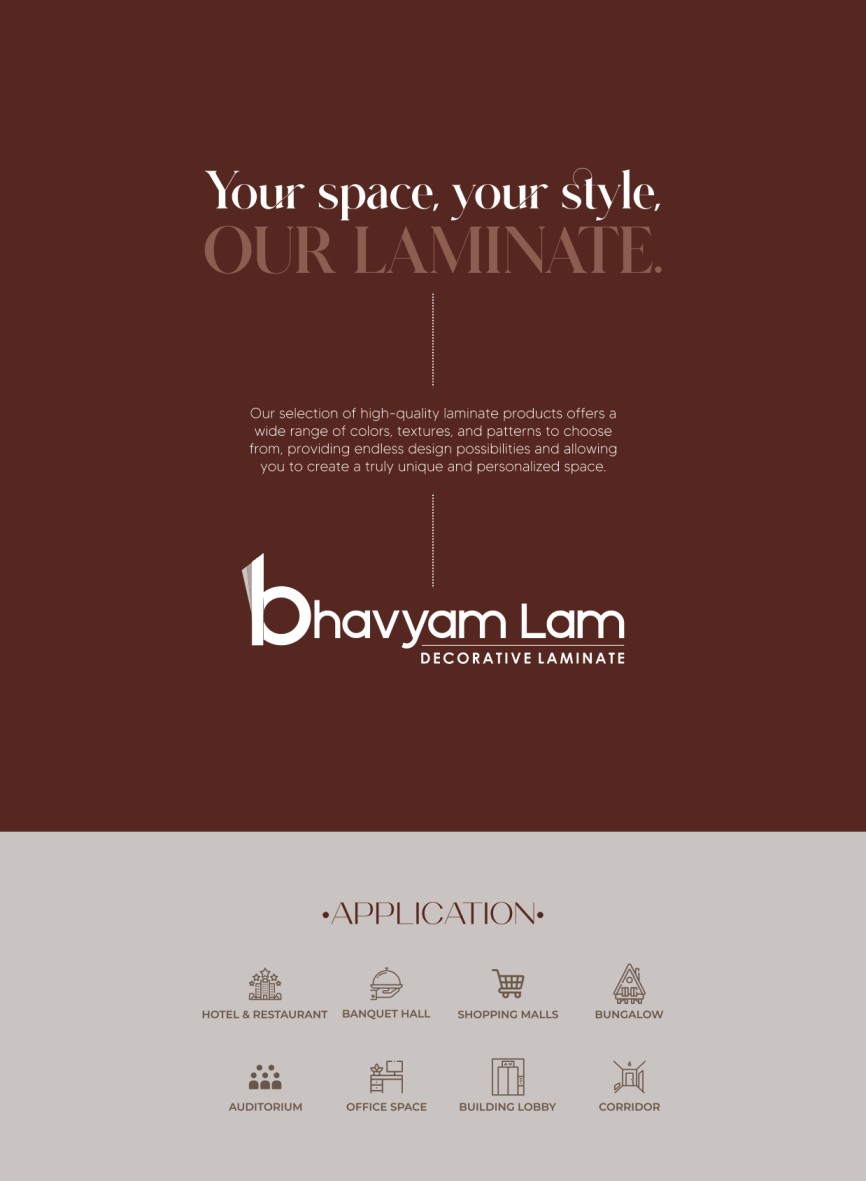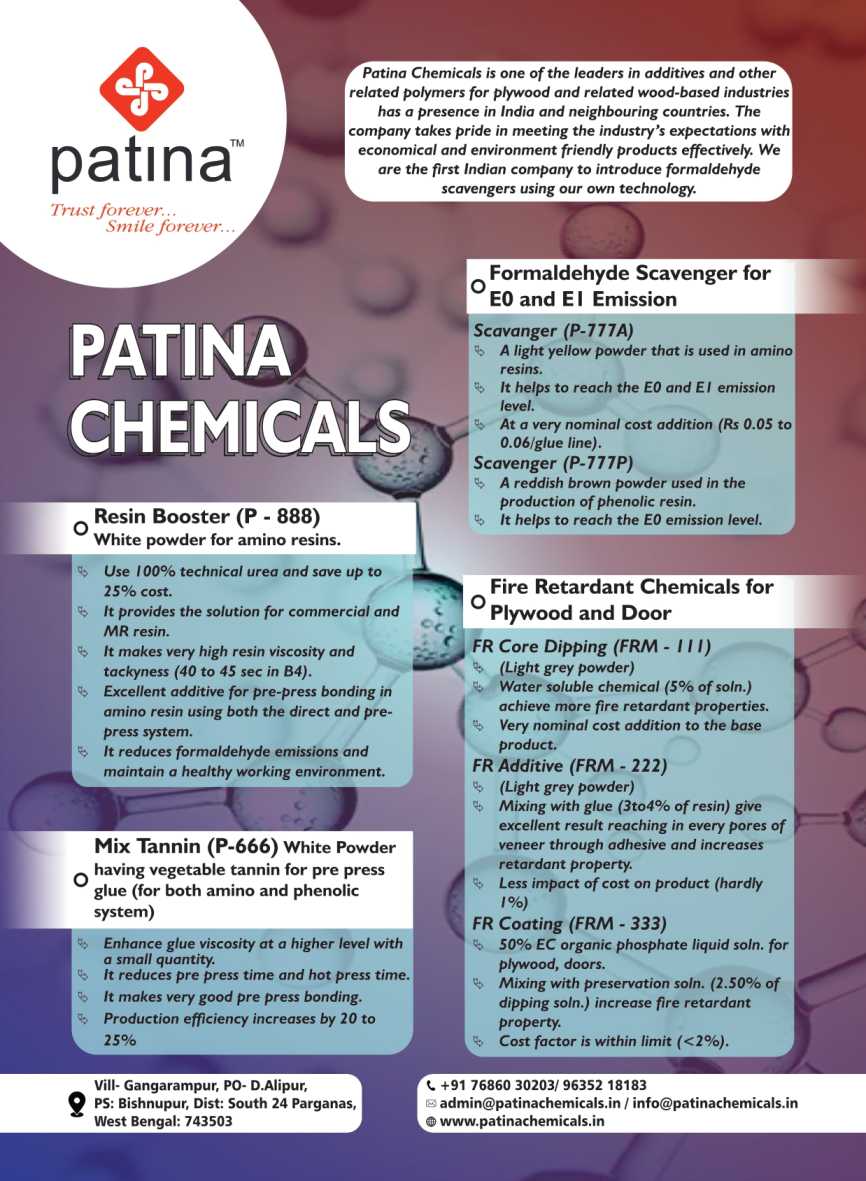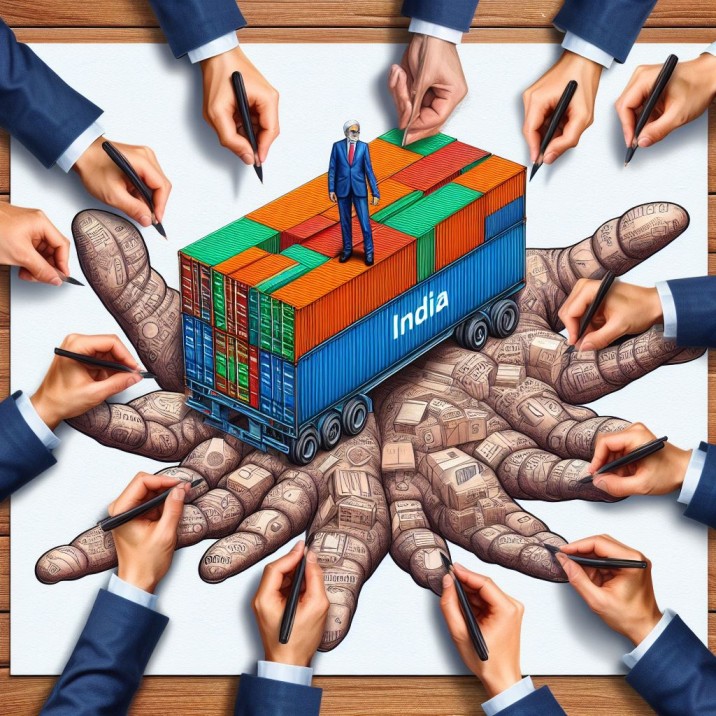
India Defends Quality Control Orders at WTO
- January 9, 2024
- 0
India has defended quality control orders at the World Trade Organisation (WTO) amid concerns raised by various countries for non-compliance.
India has told the World Trade Organization (WTO) that the purpose of restricting the imports of various products in the view of recent orders of quality control orders is to collect trade statistics or market surveillance, prevent deceptive practices, project human, animal or plant life or health.
The administrative purpose of the measure is to “protect public morals, quota administration regulate imports of arms, ammunition or fissionable materials and safeguard national security,” beside above.
Protection of patents, trademarks and copyrights, and the prevention of deceptive practices was the other purpose of this measure.
|
CONCERNS OF OTHER COUNTRIES |
INDIA’S RESPONSE |
|
|
|
|
|
|
Specific trade concerns (STCS):
STCs are issues raised at the WTO by exporting countries affected by Sanitary and Phytosanitary measures (SPS) that they consider unjustified and particularly restrictive.
Raising an STC is a formal mechanism by which a country can introduce a complaint against another country’s SPS policies regulating imports.
Technical Barriers to Trade (TBT):
They result from legal requirements that countries enact to ensure that products are safe, to protect the environment, and to inform consumers, or for reasons of national security.
If these legal requirements are used arbitrarily, they may represent hidden restrictions to international trade.
TBT Agreement (1995) at WTO aims to ensure that technical regulations, standards, and conformity assessment procedures are non-discriminatory and do not create unnecessary obstacles to trade.



